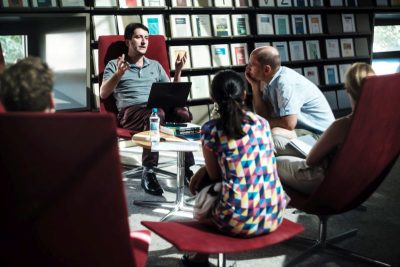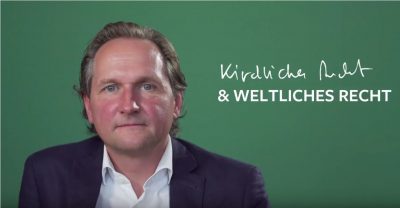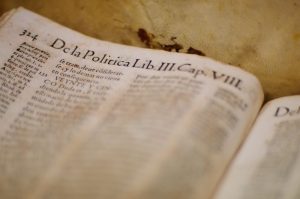As a result of several years of working on the digital edition of texts of the School of Salamanca, and although the edition still is (and will remain) a ‘work in progress’, the School of Salamanca project will officially release its digital edition as an online portal for research on the texts of the School of Salamanca on 9 May 2018.
The release of the digital edition will take place within the scope of a workshop on the Confessionario Útil y Provechoso by Francisco de Vitoria, one of the texts in the central group of works of the digital edition, and a work that is already edited to a great extent following the project’s extensive text preparation and annotation processes.
Following the discussion of Vitoria’s ‘Confessionario’, the project will present the web application of the digital edition by means of a small ‘tech demo’, during which the web application’s functionalities shall be explained by taking the example of the previously discussed work.
Organization: The ‘School of Salamanca’ Project
Place: Max Planck Institute for European Legal History
Date & time: 9 May 2017, 18.00-19.30
Programme:
– Christiane Birr: Introduction
– José Luis Egío Garcia: Epitomisation Processes and the Historiography on Vitoria’s “Confesionario”
– Manuela Bragagnolo: Epitomizing Knowledge between Portugal and Spain. On Martin de Azpilcueta’s “Manual de Confessores”
– David Glück / Andreas Wagner: The Online Edition of The School of Salamanca as a Digital Research Platform
(The papers will be complemented by further discussions involving the audience.)

 Im Juli dieses Jahres hat unser Projektleiter Thomas Duve einen Ausflug ins Frankfurter Städel-Museum gemacht und über seine Sicht auf ausgewählte Werke dort gesprochen, unter anderem über den „Stammbaum der Dominikaner“ von Hans Holbein d. Ä. Am Beispiel von Johannes Vermeers “Der Geograf” blickt er auf das Delft des 17. Jahrhunderts und die Ausbildung von informellen Imperien. Für alle, die nicht dabei sein konnten, gibt es ein kurzes Video:
Im Juli dieses Jahres hat unser Projektleiter Thomas Duve einen Ausflug ins Frankfurter Städel-Museum gemacht und über seine Sicht auf ausgewählte Werke dort gesprochen, unter anderem über den „Stammbaum der Dominikaner“ von Hans Holbein d. Ä. Am Beispiel von Johannes Vermeers “Der Geograf” blickt er auf das Delft des 17. Jahrhunderts und die Ausbildung von informellen Imperien. Für alle, die nicht dabei sein konnten, gibt es ein kurzes Video:
 Speaker: Juan Belda Plans [website:
Speaker: Juan Belda Plans [website: 
